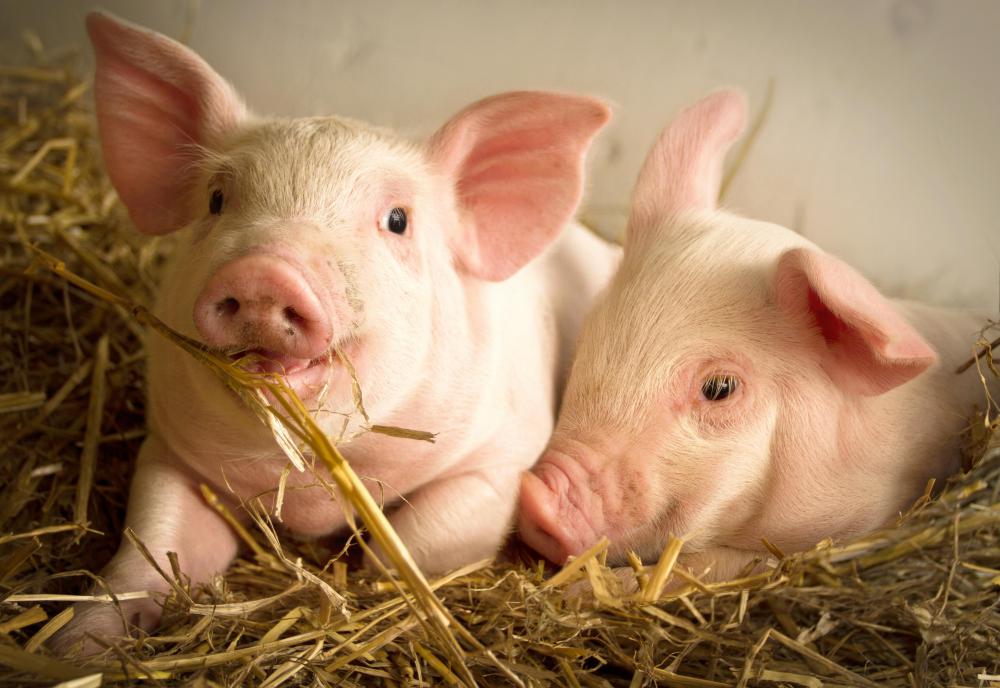At WiseGEEK, we're committed to delivering accurate, trustworthy information. Our expert-authored content is rigorously fact-checked and sourced from credible authorities. Discover how we uphold the highest standards in providing you with reliable knowledge.
What Was the Civilian Public Service?
The Civilian Public Service (CPS) was an alternative to military service made available to conscientious objectors during the Second World War. Differentiated from non-combatant military service, the Civilian Public Service was administered largely by a council of American peace churches such as the Quakers and Mennonites, with individual service camps being sponsored by specific congregations. In exchange for minimal support pay, the United States government received untold hours of labor in a variety of vitally important areas from CPS workers during the Second World War.
After the experience of conscientious objectors during the First World War, the leaders of many American peace churches approached the government to request a viable service alternative for religious conscientious objectors. The government agreed that alternative service should be a possibility, including a clause in the Selective Service Act which referenced work of “national importance” as a service alternative.

However, when the United States entered the Second World War, it became apparent that the government was not ready. Ultimately, a religious council was formed to administer the Civilian Public Service, and the government helped to establish camps around the United States and Puerto Rico for people who chose the CPS over enlisting or being drafted.
The CPS camps were supposed to be largely self-sufficient, with many having extensive gardens and benefiting from the support of congregations. People in the Civilian Public Service worked on farms, fought fires, assisted in hospitals, provided mental health care, built a wide variety of structures, and participated in a variety of other tasks. Some also participated in medical experiments, acting as human guinea pigs for researchers; most notably, a crew of CPS volunteers was used in a landmark study on hunger in an attempt to determine the best treatment approach for concentration camp victims.

People in the Civilian Public Service served, on average, much longer than soldiers. The camps were not formally disbanded for more than a year after the conclusion of the war, and while the camps were open, a number of protests were held to lobby for better conditions and more fair treatment. While the Civilian Public Service undoubtedly contributed a great deal to the United States during the war, many people feel that it was poorly administered and that CPS workers were abused over the course of their service.
AS FEATURED ON:
AS FEATURED ON:












Discuss this Article
Post your comments